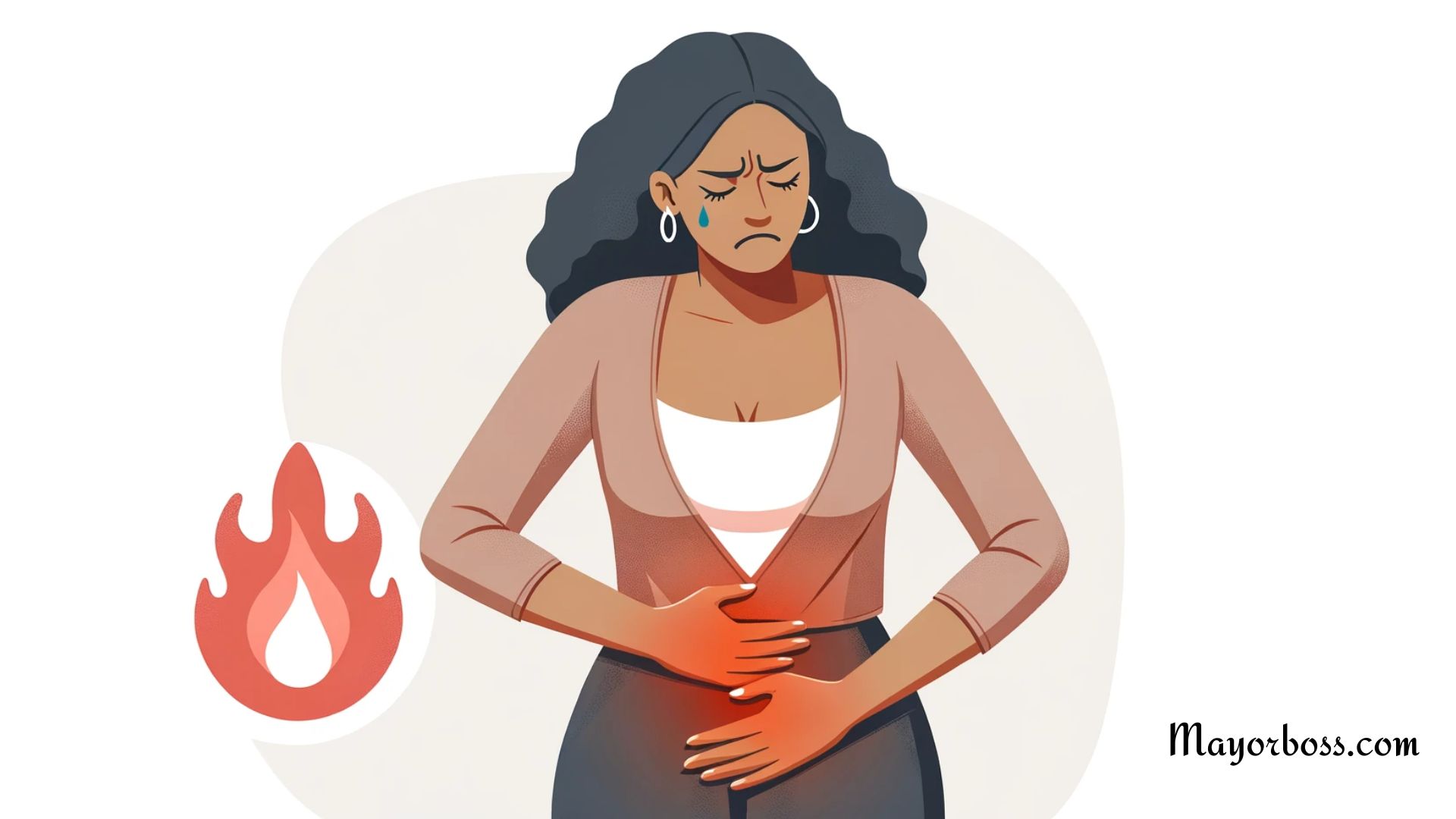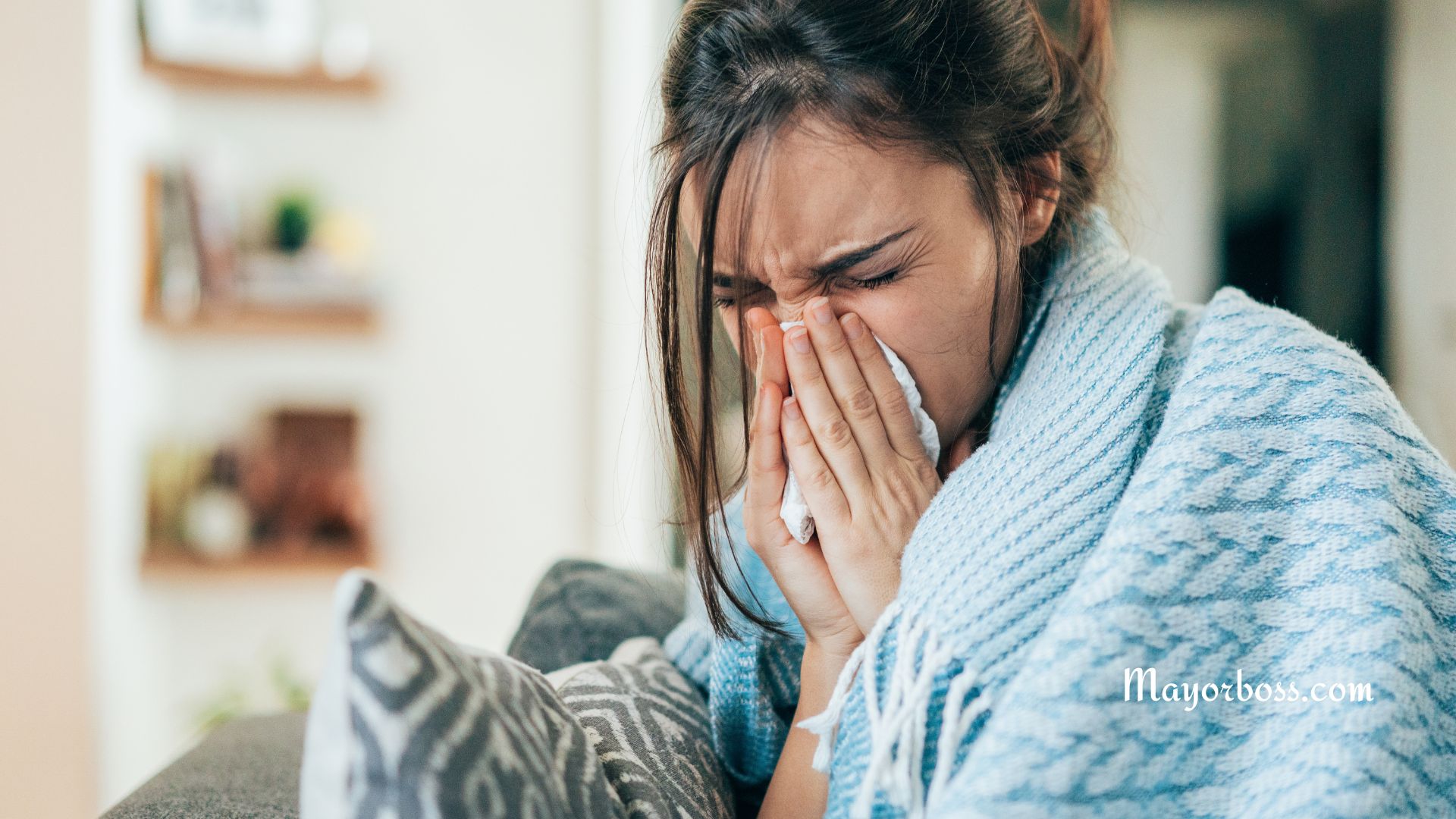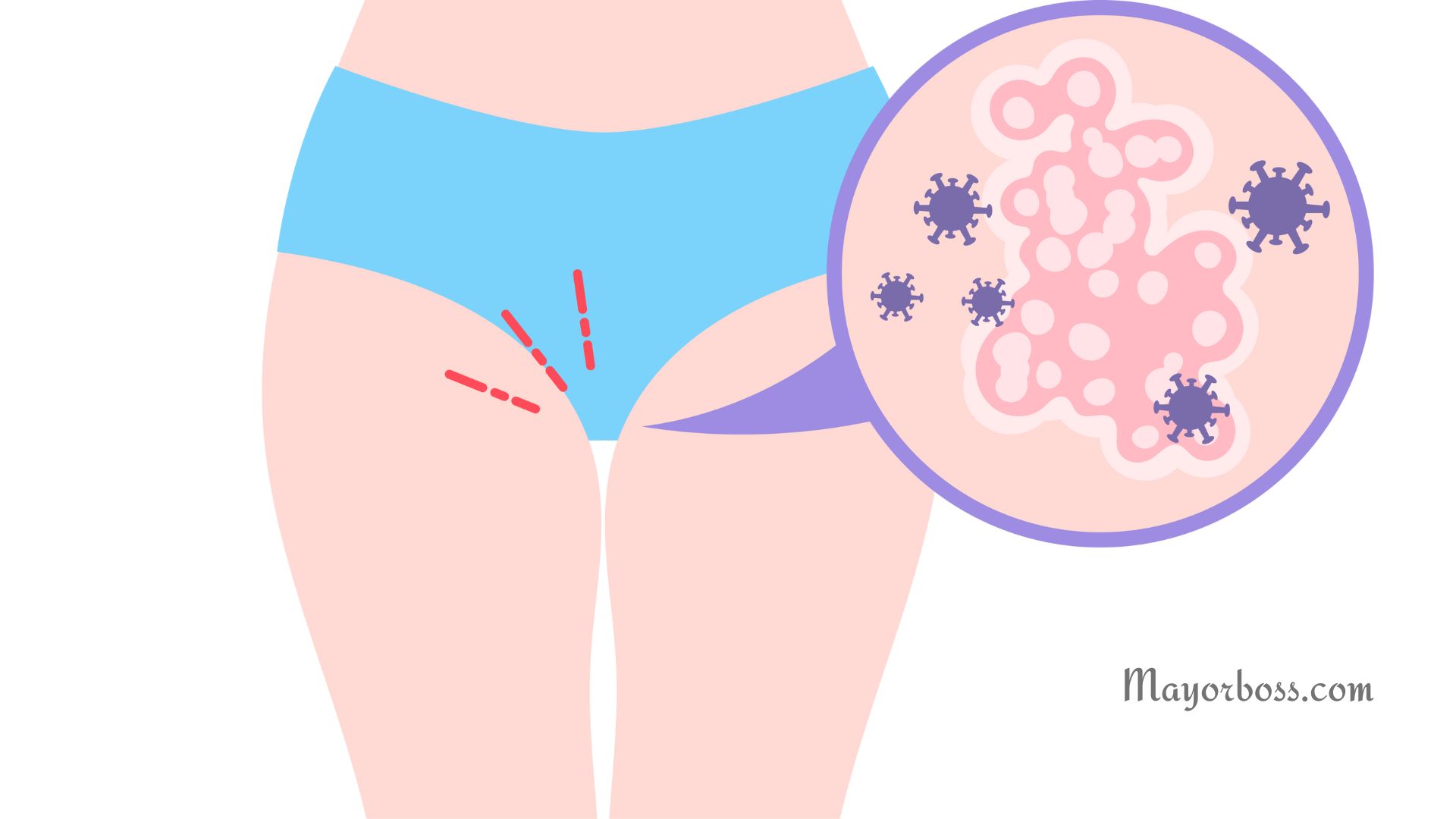What is Genital HPV Infection?
Genital HPV infection is a common sexually transmitted infection caused by the human papillomavirus (HPV). This virus can lead to various health issues, including genital warts and even certain types of cancer. While some strains of HPV are relatively harmless, others can pose serious risks.
What Exactly is HPV?
Human papillomavirus, commonly known as HPV, is a group of related viruses. Some of these viruses can infect the genital area, mouth, and throat. Out of the many types of HPV, a few are particularly troublesome because they can cause genital warts and cancers.
How Do You Get Genital HPV?
Sexual contact is the main way that genital HPV spreads. That includes vaginal, anal, and even oral sex. Moreover, you can contract HPV without any visible signs of infection from your partner. So, even if your partner seems perfectly healthy, that doesn’t mean you’re in the clear.
Symptoms of Genital HPV

The tricky part is that HPV often doesn’t show any signs or symptoms. This makes it easy to spread unknowingly. However, when symptoms do appear, they can include:
Genital Warts
Small, flesh-colored bumps that may look like the tip of a cauliflower. These can appear on the genitals, anus, mouth, or throat.
Throat Problems
In some cases, HPV can infect the throat and cause issues like hoarseness or throat cancer.
Risks Associated with Genital HPV
Not all types of HPV lead to cancer, but some strains are more dangerous than others. For example, HPV types 16 and 18 are responsible for the majority of HPV-related cancers.
Genital Cancers
Women are at risk for cervical cancer, while men can develop penile cancer.
Throat Cancer
Both men and women can get throat cancer due to HPV, although it’s more common in men.
Prevention: How Can You Protect Yourself?
Good news! There are ways to significantly reduce your risk of contracting genital HPV.
HPV Vaccine
Clinically proven to be effective, the HPV vaccine can protect against the most dangerous strains of the virus.
Safe Sex Practices
Using condoms and dental dams during sexual activity can also help lower the risk, but they’re not 100% effective since HPV can infect areas not covered by a condom.
Regular Screenings
Especially for women, regular Pap tests can help detect early stages of cervical cancer caused by HPV.
Frequently Asked Questions
What Happens if Genital HPV Goes Untreated?
If left untreated, genital HPV can lead to a range of health problems. In women, it can cause cervical dysplasia, which is a precancerous condition. Over time, this can develop into cervical cancer. In men, it can result in penile cancer. Furthermore, both genders are at risk for anal and throat cancers. Hence, early detection and treatment are crucial.
Can You Get Rid of Genital HPV Once You Have It?
The body’s immune system often clears HPV naturally within two years for 90% of cases. However, there’s no cure for the virus. This means that once you have an HPV infection, the virus may remain in your body indefinitely. That said, treatments can manage symptoms like genital warts and help prevent complications like cancer.
Is the HPV Vaccine Only for Young People?
While it’s recommended to get the HPV vaccine at a young age, it’s not just for kids. The Centers for Disease Control and Prevention (CDC) recommends the vaccine for all preteens, but adults up to the age of 45 can also benefit from it. So, if you missed getting the vaccine when you were younger, it’s not too late to protect yourself now.
Does Using a Condom Provide Full Protection Against HPV?
Condoms can reduce your risk of contracting HPV, but they don’t provide complete protection. The virus can infect areas that aren’t covered by a condom. So, while using a condom is a good precaution, it’s not foolproof against HPV.
Should I Get Regular Screenings Even If I Feel Fine?
Yes, regular screenings are essential because HPV often shows no symptoms. For women, Pap tests can detect changes in the cervix that might lead to cancer. Men don’t have a standardized screening test for HPV, but visual checks can help identify genital warts. Regular dental check-ups can also help catch oral HPV in its early stages. Therefore, don’t skip your routine screenings, even if you feel perfectly healthy.






